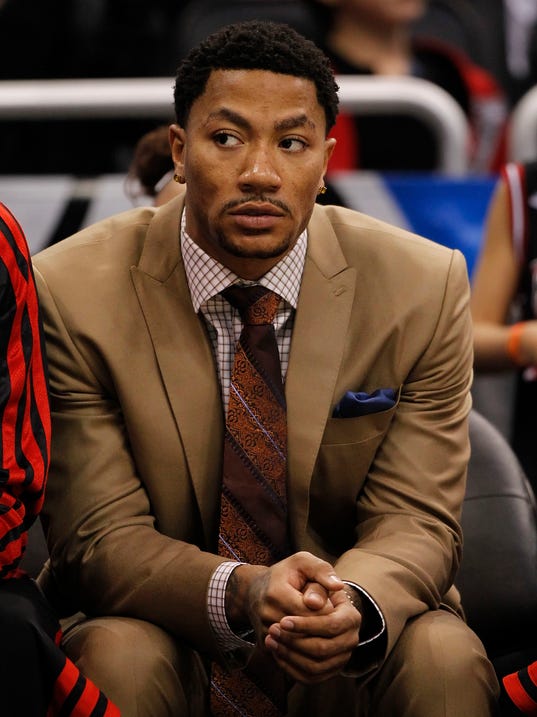Derrick Rose might play in the NBA, but this post is not really about basketball. It’s about something that I have been thinking about, and Rose’s unfortunate story allows me to think about it with a small modicum of distance. It’s about dreams deferred, or maybe, dreams that will never come to fruition.
For those who do not follow the NBA, Rose, who is one of the most talented players in the league and thus, the world, recently suffered a season-ending knee injury, for the third consecutive year. For the third year in a row, his dream of leading the Bulls to the championship has gone up in smoke, but I have to imagine that for Rose, this injury suggests something worse than that. It suggests that he might never get the chance to do so. It suggests that despite all of his talent, and hard work, and sacrifice, and practice, he might go down in basketball history as just another case of “what if”, where we wonder what might have been. What if Rose had stayed healthy? How many championships migtht he have won? What if he could have led the Bulls to their first championship without the great Michael Jordan?
We all plan and dream. We think about what we hope to achieve in life and what it will feel like to get there. Even if, initially, we naively think that the path to our dreams will be a smooth one, inevitably, we learn that it will not. We learn to tolerate setbacks. If we are optimistic or spiritual-minded, we might even see them as part of the plan. Even pain can be accepted, as long as it promises to bring about the hoped for gain. What if failure comes again? What about the time after that? How many times is it reasonable to pick yourself up, and tell yourself that next time will be different? When is it time to accept that the dream will never come true, that it is time to adjust your goals, or, maybe even, give up on them?
Derrick Rose is a fighter. No matter how much talent he might have, he never would have reached the level that he has, if he wasn’t willing to work hard. I have no doubt that he will pick himself up from the canvas, and, for the third time, go through the painful process of rehab. He will come back, and maybe even, once again, play at a sublime level. I wonder though what he is thinking. Does he have a nagging thought somewhere in his head that tells him the dream is over? Does he have the ability to keep his latest injury from spreading to his heart?





